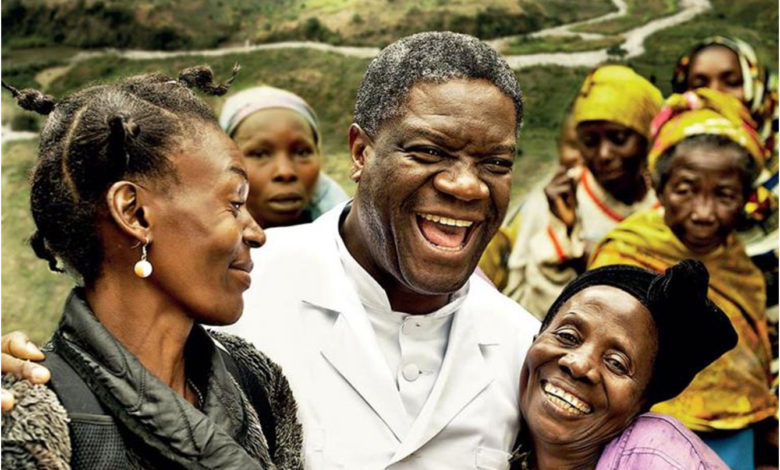DR Congo: 22 Years After Army Massacres In Kasika, Nobel Laureate Wants Compensation For Victims

On August 24, 2008, soldiers of the DR Congo national army killed more than one thousand civilians including women and children in the villages of Kilungutwe, Kalama and Kasika in the Mwenga territory about 108 kilometres from Bukavu.
Before they were killed, many of the women were raped, tortured and their genital organs mutilated.
The reprisal massacres were organized following the death of twenty officers of the Congolese national army in an ambush by the Mayi-Mayi rebel movement on the road linking Bukavu to Kindu on August 23, 2008.
Corpses of murdered babies were thrown into pit latrines and before leaving the villages, the DR Congo army sacked them and razed down several houses.
According to DR Congo Nobel laureate Dr. Denis Mukwege, “22 years after these atrocities, national and international justice has been dragging its feet in taking action against these wicked crimes and their perpetrators remain unpunished.
“How can our world keep such a heavy silence in the face of such barbarity?” he asked.
For Dr. Mukwege, “It is more than urgent that the recommendations of the report on what happened be put into application in order to break with the reign of impunity and put an end to the violence.”
Besides the voice of the Nobel laureate, local community leaders in the affected villages also continue to call for reparation.
“Up till now, 22 years after the crimes, there has been no compensation, neither justice nor assistance.
“We think that this should be taken into consideration by the Congolese government.
“It is not normal that more than one thousand people should be killed and it is as if there is no problem”, the president of the Banyindu community, Laban Kyalangalilwa declared.
Mwenga is one of the territories that has experienced so many massacres in the province of South Kivu.
The last massacre took place in Kipupu, where 17 people were killed and 11 wounded with more than 213 unaccounted for.
Support Our Journalism
There are millions of ordinary people affected by conflict in Africa whose stories are missing in the mainstream media. HumAngle is determined to tell those challenging and under-reported stories, hoping that the people impacted by these conflicts will find the safety and security they deserve.
To ensure that we continue to provide public service coverage, we have a small favour to ask you. We want you to be part of our journalistic endeavour by contributing a token to us.
Your donation will further promote a robust, free, and independent media.
Donate HereStay Closer To The Stories That Matter




